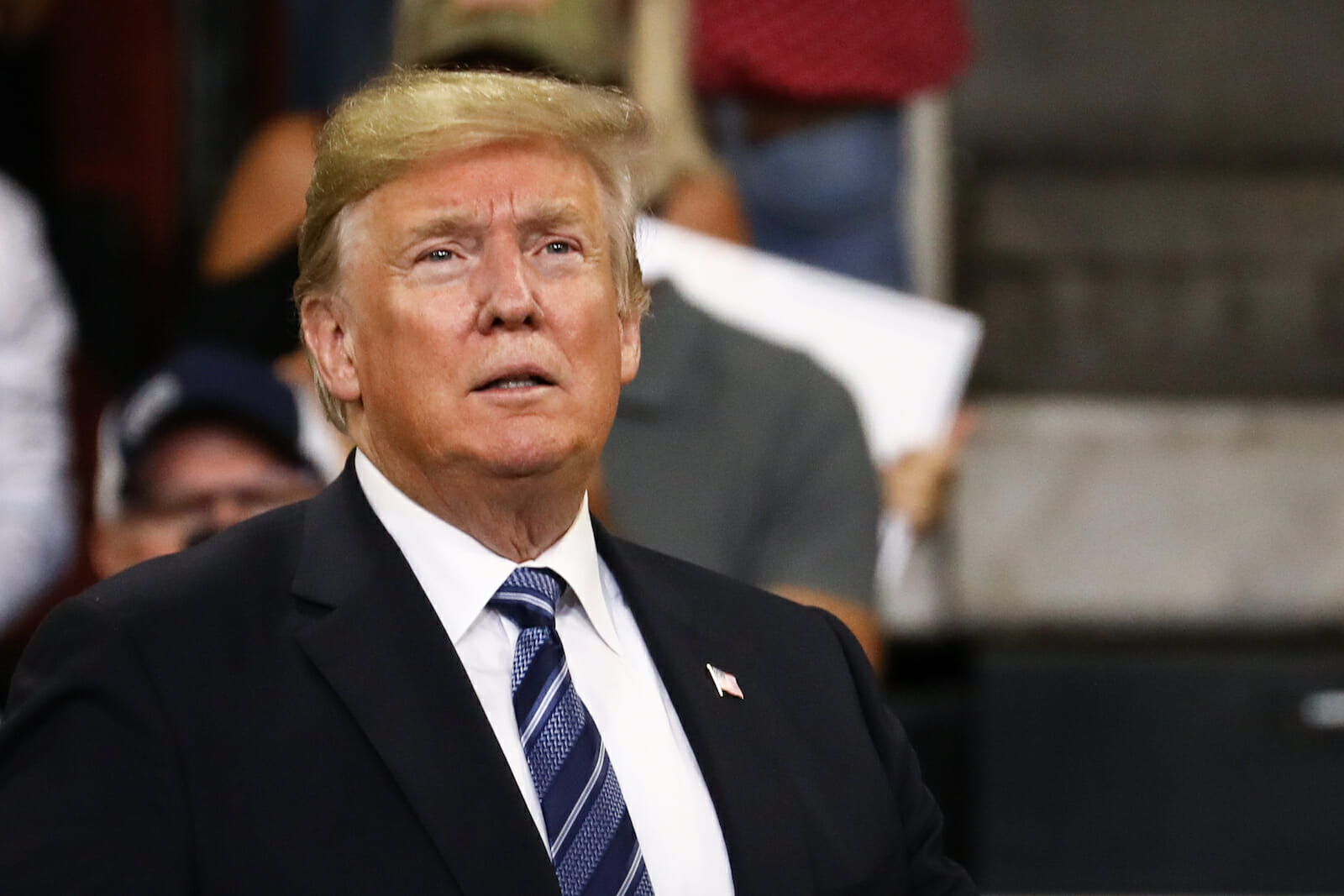
Tech
Retaliatory Cyber Attacks to Election Meddling
As children, our parents warned us about strangers on the Internet. Anyone can pose as anyone. Anyone can lie. Anyone can be Russian. And yet we as Americans did not heed our parents’ warnings. Russia meddled in our elections. What’s worse, our current sanctions are not deterring Russia’s behavior.
To stop Russia or others from meddling in our elections, more severe punishment is necessary. The United States must implement a policy of retaliatory cyber-attacks.
Our democratic values are under attack from election meddling and must be protected. From propaganda on social media to cyber-attacks on the voting system itself, this behavior is unacceptable. The new standard created by this policy will curb any state from meddling in our elections. Retaliatory cyber-attacks – Distributed Denial of Service (DDoS) attacks on an offending state or attacks on its utility infrastructure—will send a powerful message.
First, retaliatory cyber-attacks will disrupt the everyday activities of the offending state. Kinetic attacks are not an option at this point as election meddling does not constitute a use of force, but that does not mean that we should do nothing. Retaliatory attacks are proportionate to the electoral disruptions that we as Americans already face.
Second, a strong U.S. policy will deter others. Russia cannot balance against the United States conventionally, which is why Russia resorts to cyber warfare. The United States must show it has the capabilities to counter and respond to cyber warfare, to stop Russia and all offenders.
Third, this new policy aligns with the White House’s new national cyber strategy of Peace through Strength. This strategy makes clear that the United States will enhance cyber stability through norms of responsible state behavior and will impose consequences to deter future bad behavior.
Because sanctions have not and will not curb bad behavior, retaliatory cyber-attacks are necessary.
Some who argue against this policy worry about escalation or about ethics. First, we need escalation. States need to know that if the foundations of our democracy are put at risk, we will act. There has also never been a cyber-attack that has resulted in a kinetic response. As for ethics, retaliatory cyber-attacks are permissible because they are proportionate. DDoS attacks or impairments on the utility grid may cause disruptions for hours, days, weeks, but the effects of electoral meddling have already lasted for years.
The United States must take a strong stance against election meddling. Sanctions have not and will not work against a great power, and therefore we must adopt a policy of retaliatory cyber-attacks. This policy aligns with the White House’s new cyber strategy and proves the U. S. capabilities in the cyber realm. The United States must be proactive to protect the core values of our democracy and to protect our country.

